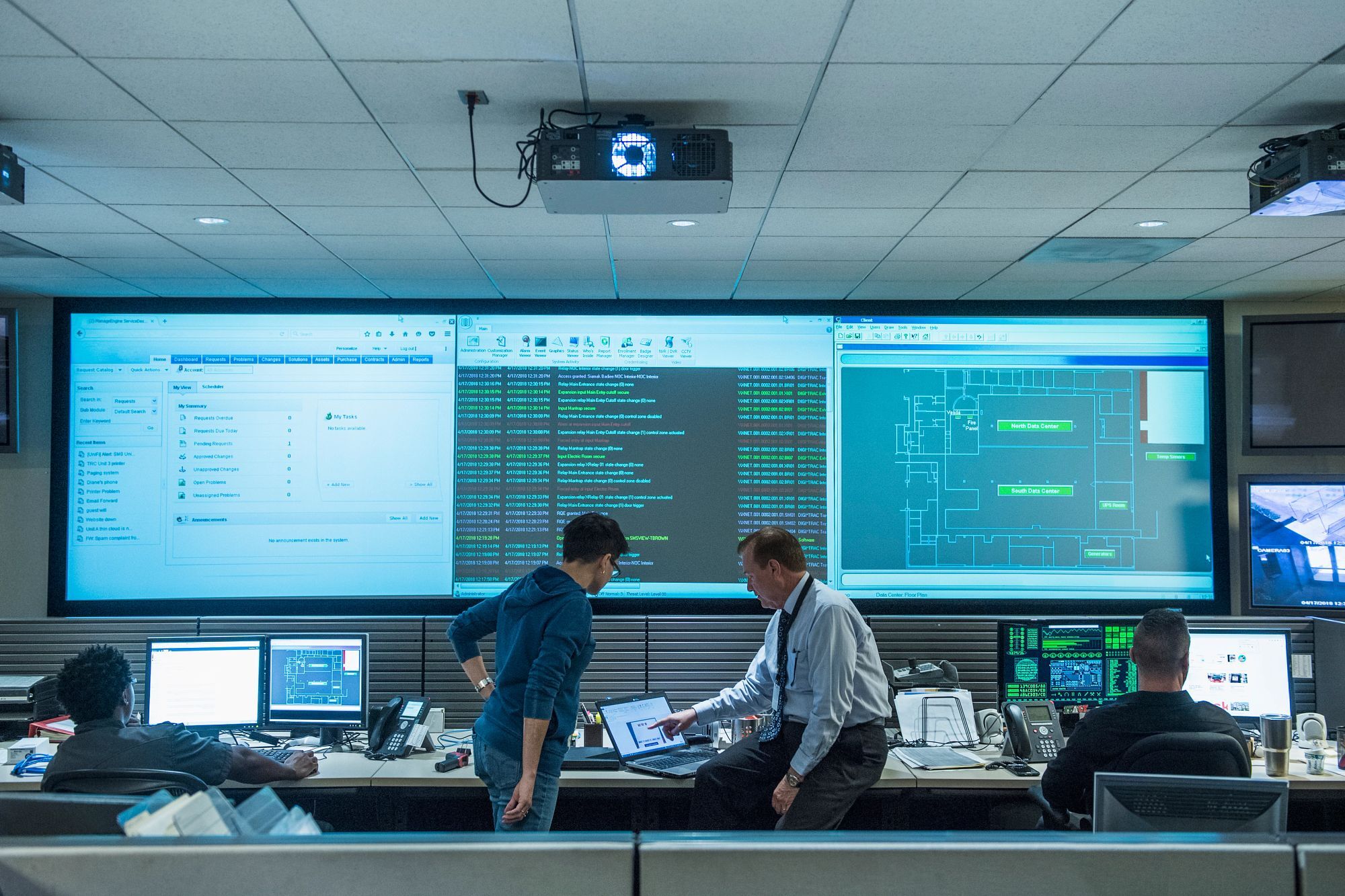Gluten-Free
Gluten-free diets are increasingly popular, whether as a personal choice or a necessity for those who suffer from celiac disease or gluten sensitivity. Over 50 percent of Americans believe products that say “gluten-free” on the label have been verified to be free from all gluten. In fact, the only way to be sure of verification is to look for a gluten-free certification mark!
What Is Gluten?
Gluten is a protein found in grains such as wheat, rye and barley that is responsible for the elastic nature of dough. For many individuals this protein is easily digestible and has no effect on their overall health. But for those with any type of gluten intolerance, the ramifications of eating gluten can range from constipation and bloating to diarrhea and malabsorption, which can result in malnutrition. For individuals with gluten intolerance or celiac disease, a gluten-free diet is essential.
Gluten Intolerance or Sensitivity
The most severe type of gluten intolerance is celiac disease, an autoimmune disease and genetic disorder that affects roughly 1 percent of the American population. However, it’s estimated that gluten sensitivities affect a much larger portion of the population. In fact, the National Foundation for Celiac Awareness estimates that as many as 18 million Americans may have some form of gluten sensitivity. Keep these things in mind if you suffer from gluten intolerance or sensitivity:
- Take additional caution with processed foods. It is more difficult to identify gluten in foods that are mixed and processed. This includes processed goods such as spices and dietary supplements. Looking on a manufacturer’s website or calling its customer service line could help you uncover hidden gluten before purchasing.
- Be an informed diner. Restaurants are jumping on the gluten-free craze, but just because a menu item says gluten-free doesn’t mean it is. It is important to ask what is in the food and where and how the food is prepared. This can help you to avoid hidden gluten as a result of cross-contamination during the food preparation process.
Look for Third-Party Certifications
Consumers can only be certain that products are truly gluten-free if the product has been tested and certified by a third party. NSF gluten-free certification assures consumers that the product does not contain gluten over the FDA’s allowable limit of 20 parts per million (ppm) and that it is manufactured in a facility that prevents cross-contamination.
Gluten-Free Dietary Supplements
NSF completed a survey of nearly 1,000 American consumers and found 68 percent didn’t realize dietary supplements could contain gluten. However, wheat is often used as a filler in dietary supplements. This is why it is important to look for “gluten-free certified” products that undergo robust auditing, testing and certification. NSF has a gluten-free certification program and has tested and certified 73 different dietary supplements – including probiotic products.
How NSF Can Help You
Get in touch to find out how we can help you and your business thrive.

What’s New with NSF

NSF Granted Reauthorization as a CMMC Third-Party Assessment Organization
January 8, 2025
Sustainable Foods Summit 2025
January 2, 2025
NSF Celebrates 50 Years of the Safe Drinking Water Act
December 16, 2024